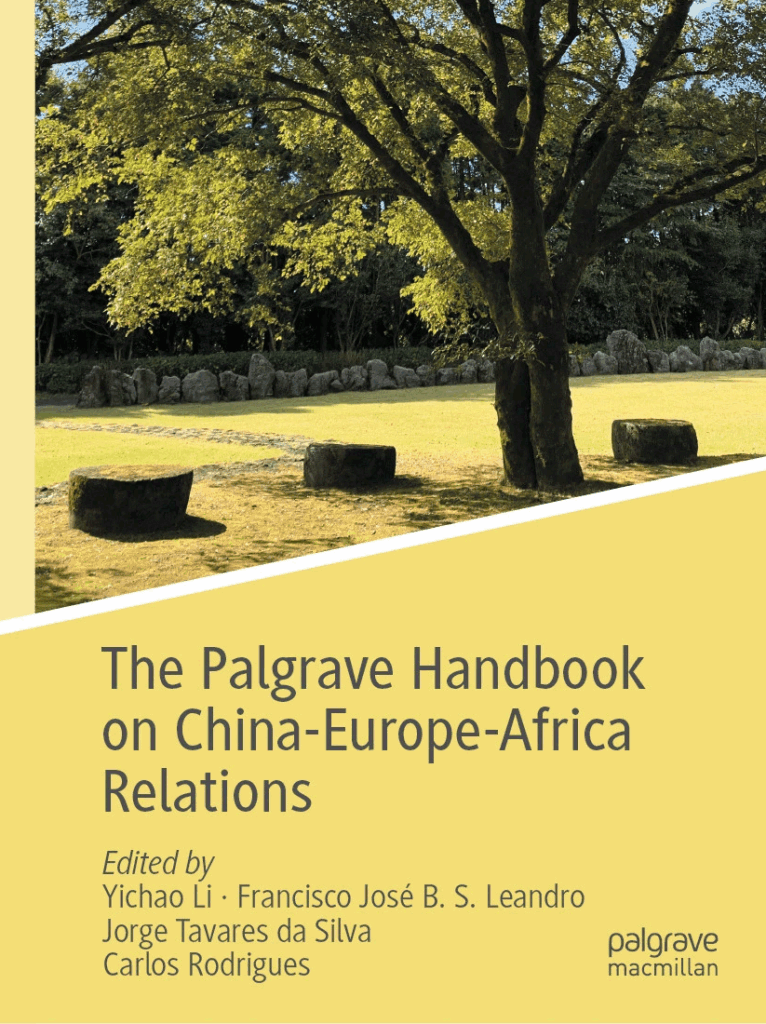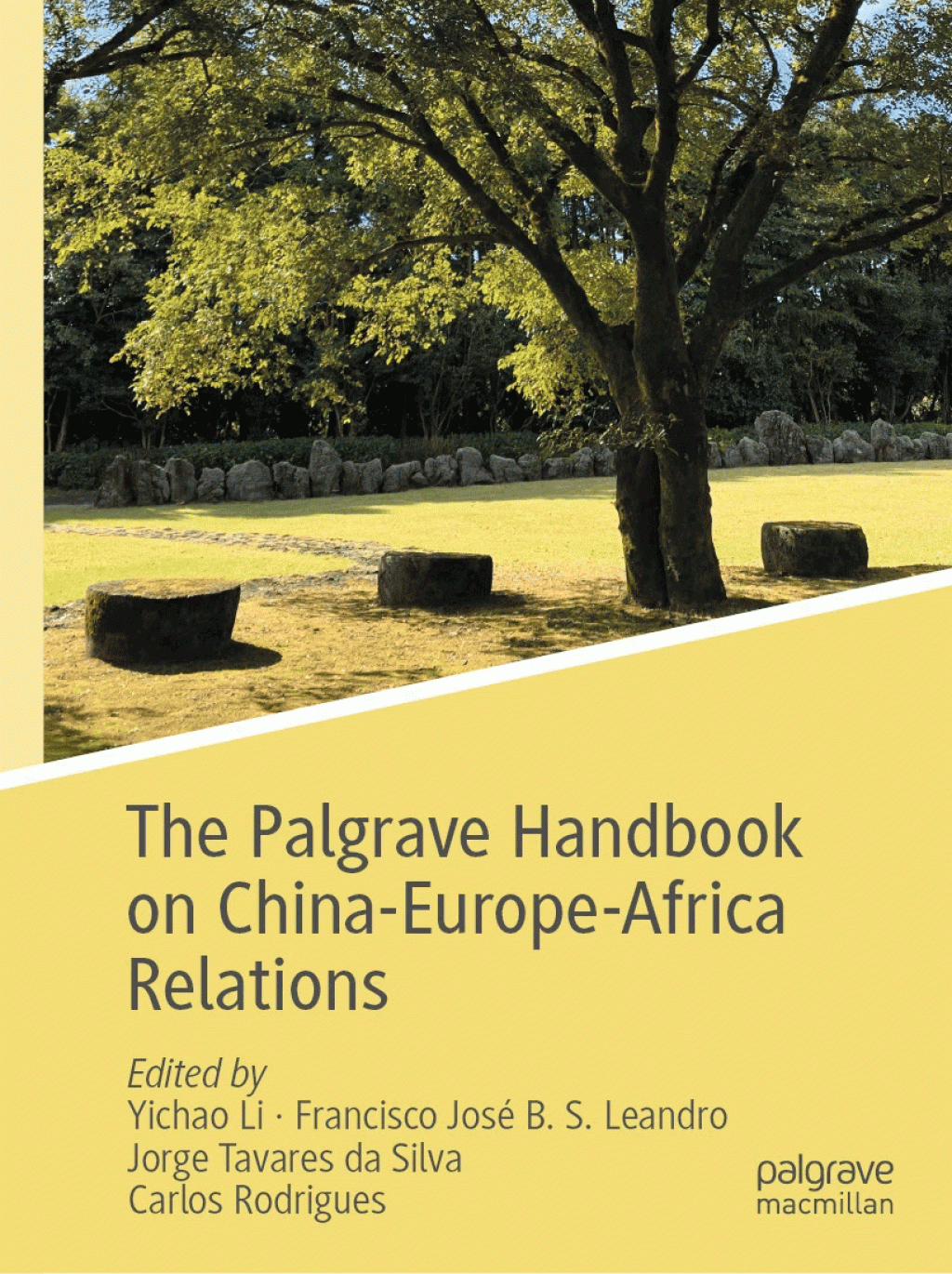Regionalism vs Bilateralism in the EU-China-Africa Relations
Authors: Erzsébet N. Rózsa, Viktor Marsai, András Bartók
In: Li, Y., Leandro, F.J.B.S., Tavares da Silva, J., Rodrigues, C. (eds) The Palgrave Handbook on China-Europe-Africa Relations. Palgrave Macmillan, Singapore. pp. 849–864.
DOI: 10.1007/978-981-97-5640-7_41
Abstract
Whilst the European Union’s approach to its direct and farther away neighbourhood has been based on the EU’s regional perception of the world, China—reminiscent with its classical concentric circular worldview—initiates and operates its foreign relations on a bilateral basis, even if in some cases some formal regional fora do appear. These different approaches provide a specific overlap in Africa, where in the different sectors, they may clash or contribute to each other. The international multilateral fora (UN, EMP, FOCAC, etc.) add a specific element when they provide opportunities for a wider cooperation (such as anti-piracy and peacekeeping operations). In the following chapter, we explore the characteristics and the development of the EU and China’s regional approach to Africa, as well as the African understanding of regionalism. We aim to highlight similarities as well as important structural differences in the two entities’ relationships with African countries, institutions, and coalitions. Following this comparative case study-based analysis, our findings suggest that the different approaches of theEU and China have a variety of causal vectors, with a spectrum from the pragmatic to the political-cultural factors.




